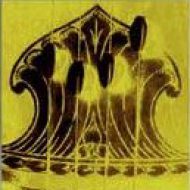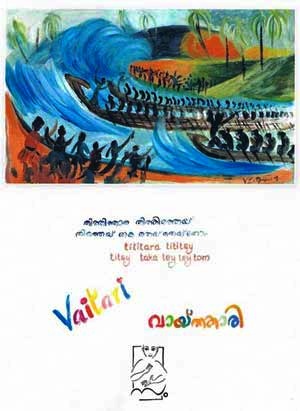Making studies as pleasant as music
Review by A. SangameswaranTwo musicologists of international repute are on an innovative mission to educate music lovers across the world about the intrinsic value of Carnatic music as a potential tool for education and blending cultures.
The Indo-Swiss research project, titled “Sam, reflection, gathering together,” is being executed jointly by Emanuel Wuethrich and Ludwig Pesch, in association with Natana Kairali at Irinjalakuda. […]
Their experiments to use Carnatic music for educating students with varying capabilities across the world have yielded remarkable results too.
They conducted joint programmes in different parts of the State to share their teaching and learning experiences.
They say that there is ample scope for introducing some of the Carnatic music lessons in classrooms, adult education and also rehabilitation programmes for the physically and mentally challenged.
THE HINDU
Preserving a rich cultural tradition
The Indian education system boasts of a past where knowledge was imparted to the next generation by word of mouth. To pass on the teachings of various art forms, the masters devised various techniques.One among them is rhythmic syllables or phrases called Vaaythaari. These rhythmic phrases, in the case of percussion arts, are construed in such a way that their recitation resembles the sound generated by the instrument, be it the chenda, maddalam, mizhavu, mridangam or edakka. […]
Professor Immanuel Wuthrich, a musicologist at the Bern University of Arts (Switzerland), and Ludwig Pesch, a musicologist and Indologist, have documented this system. Under the joint auspices of the Bern University of Arts and Natanakairali, Irinjalakuda, a workshop was conducted two years ago at Irinjalakuda on the intangible aspects of oral traditions. […]
In the workshop that followed, a lecture-demonstration by Nirmala Panicker on the incorporation of rhythmic syllables in Mohiniyattam, an oral exercise by Vayali, a class by P. Nandakumar on the rhythmic phrases and patterns used in playing the edakka and the mridangam, a demonstration by Kalanilayam Prakasan on the phrases used in maddalam and a painting class by V. C. Arun were included. […]
The organisers hope that the workshop will help create awareness about Kerala’s rich folk art culture.
THE HINDU, Thiruvananthapuram, Friday Review (Online edition of India’s National Newspaper), Friday, Sep 14, 2007

